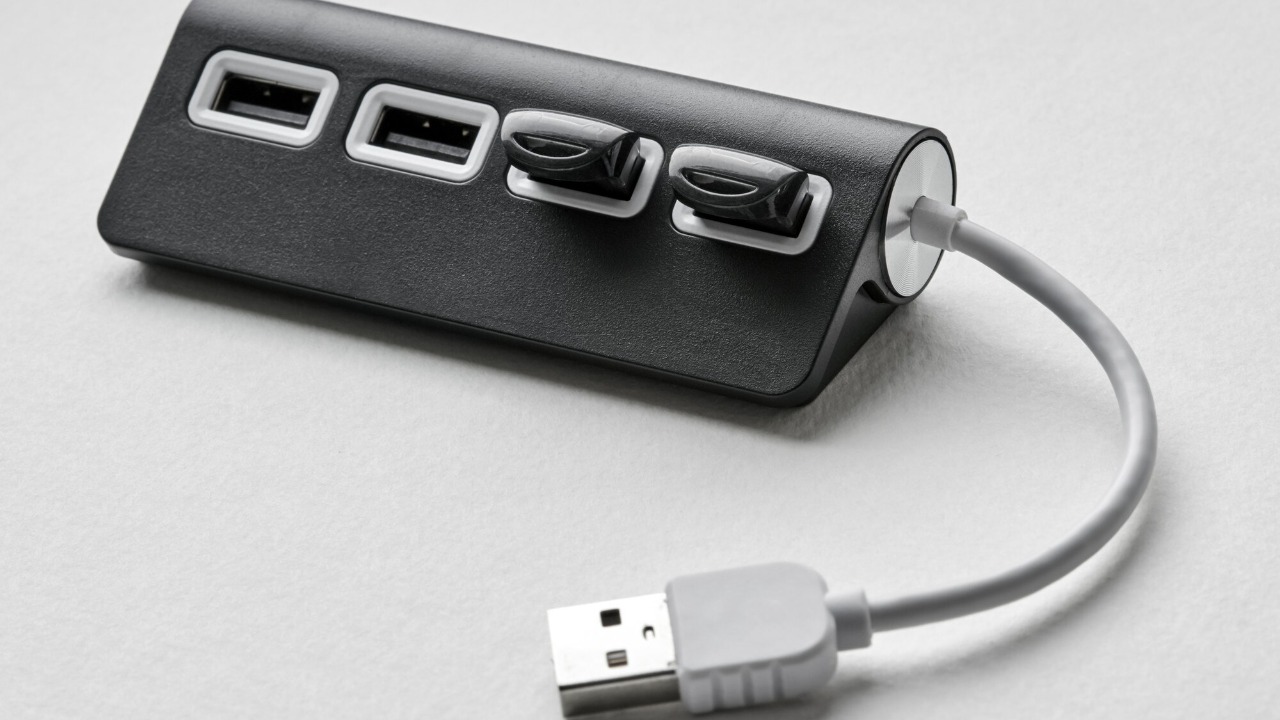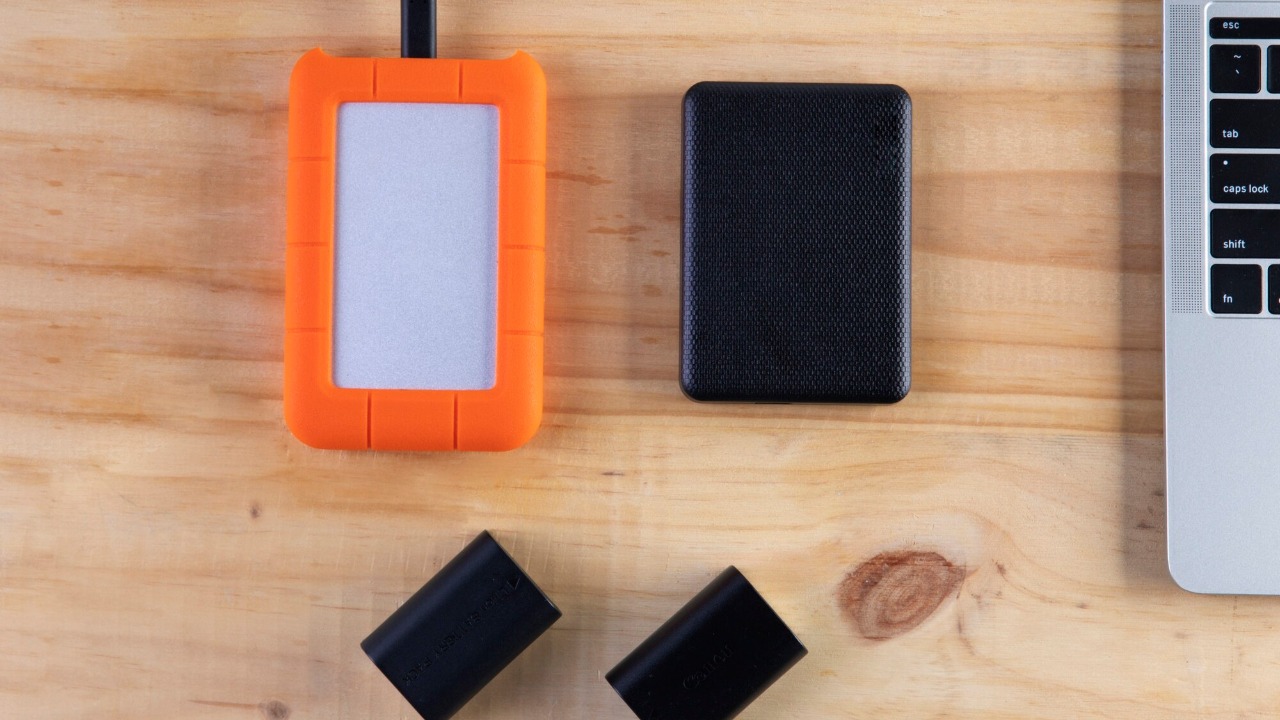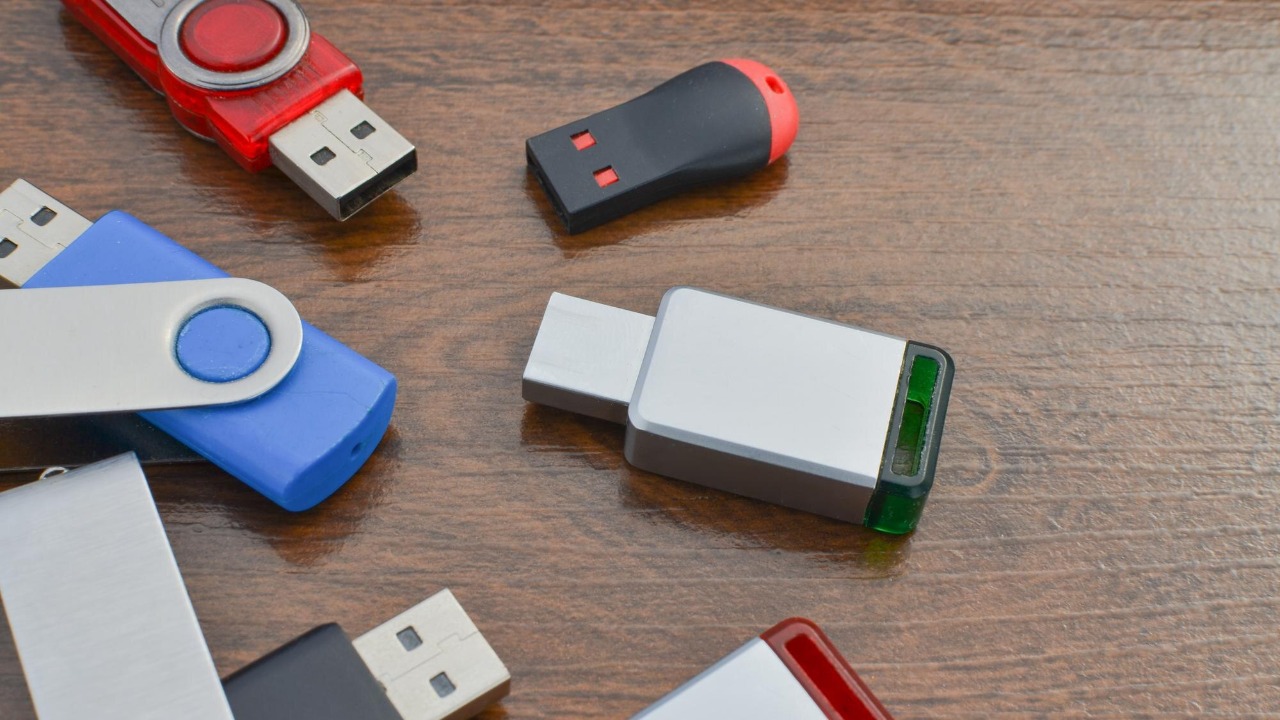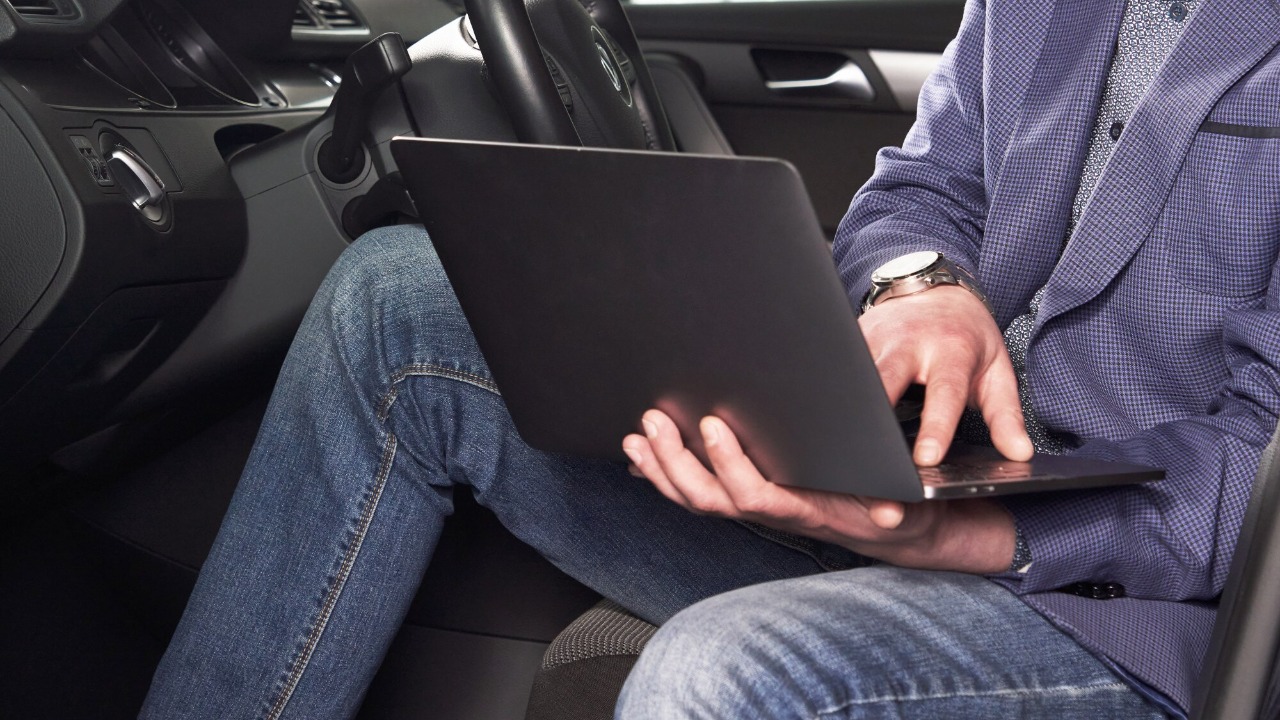As technology continues to evolve, USB ports have become a common feature in most modern cars. They provide a convenient way to charge devices, play music, or even update your car’s software. However, not all devices are suitable for these ports. Here are four things you should never plug into your car’s USB ports.
Unpowered USB Hubs

While it might seem like a good idea to use a USB hub to connect multiple devices to your car’s USB port, it’s important to note that these ports have limited power output. Unpowered USB hubs can overload the port, leading to failure or even damage. This is because car USB ports are not designed to support multiple devices simultaneously, especially if the hub doesn’t have its own power supply. Therefore, it’s best to avoid using unpowered USB hubs in your car’s USB ports to prevent any potential issues (source).
Large External Hard Drives

External hard drives often require more power than what standard USB ports can provide. When connected to your car’s USB port, these drives may not function properly or could even strain the hardware. This is because the power delivery of standard car USB ports may not be sufficient to support the operation of large external hard drives. Therefore, it’s advisable to refrain from connecting such devices directly to your car’s USB ports (source).
Suspicious Flash Drives

USB storage devices from unknown sources can pose a significant security risk. They could potentially contain malware that could compromise your car’s onboard computer system, just like they can harm a TV’s firmware. Therefore, it’s crucial to only use trusted USB storage devices in your car’s USB ports. Always ensure that any USB device you plug into your car is from a trusted source and has been scanned for viruses (source).
Power-Hungry Accessories Like Laptops

Devices that draw high current, such as laptops, are not suitable for car USB ports. These ports are not designed to handle the high power requirements of such devices. Plugging in a power-hungry device could potentially cause a short circuit or even damage the USB port. Therefore, it’s best to avoid using your car’s USB port to charge high-power devices like laptops (source).
By being mindful of what you plug into your car’s USB ports, you can ensure the longevity of these ports and the overall health of your car’s electrical system.